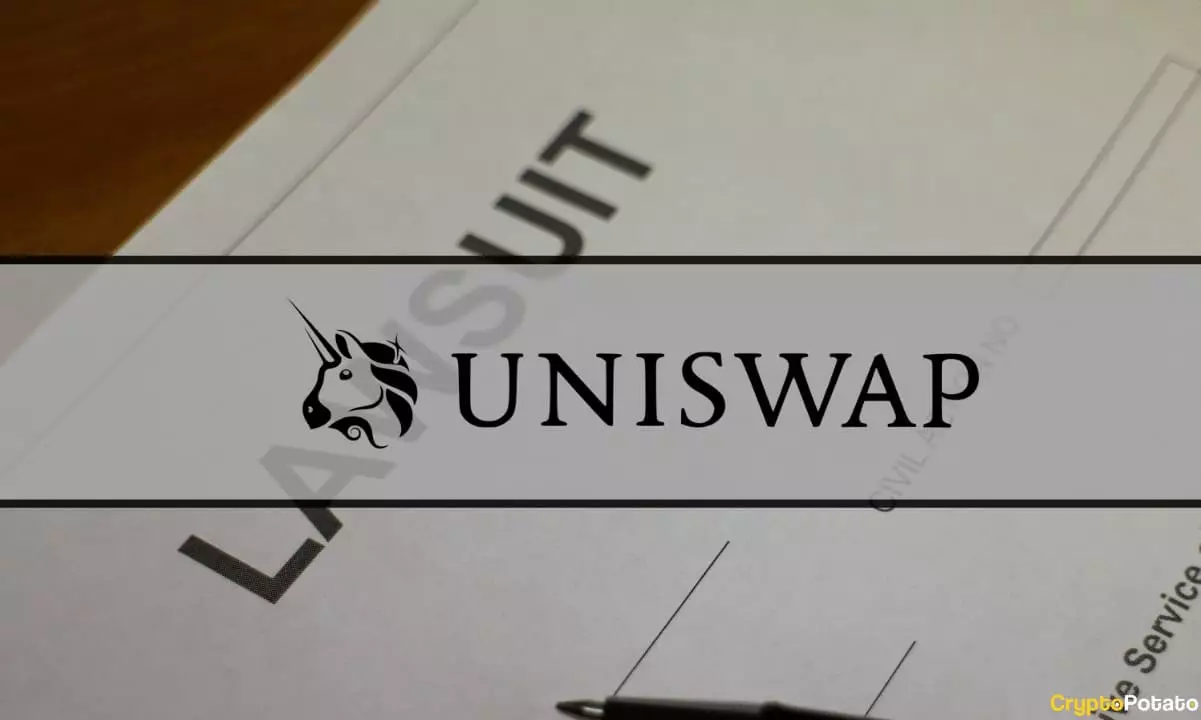The U.S. Securities and Exchange Commission (SEC) has set its sights on Uniswap Labs, the company responsible for operating the largest decentralized exchange (DEX) in the world. The SEC issued a Wells Notice against Uniswap Labs, signaling potential legal action against the DeFi giant. This move by the SEC marks another instance of increased regulatory scrutiny on the cryptocurrency industry, following previous actions against major players like Coinbase.
In response to the SEC’s actions, Uniswap Labs released a public statement confirming the regulatory notice and expressing their readiness to defend themselves. The Uniswap team framed the SEC’s investigation as a broader political effort to target reputable actors within the crypto space, drawing parallels to previous lawsuits against other industry leaders. They emphasized that despite the SEC’s actions, Uniswap’s products and protocol remain unaffected by the regulatory scrutiny.
While Uniswap Labs did not disclose the specific allegations made by the SEC, the company’s business model and operations provide some insight into potential areas of contention. Uniswap’s decentralized exchange protocol enables users to trade a wide range of tokens in a permissionless and trustless manner, differing from traditional centralized exchanges. Additionally, the presence of the UNI token, which grants holders revenue-sharing and governance rights, could raise questions about its classification under securities laws.
In its defense, Uniswap Labs asserted that the tokens traded on its platform, including UNI, do not meet the criteria for securities as established by previous legal precedents. The company cited the SEC’s case against Ripple as a reference point, arguing that the UNI token does not entail an investment in a common enterprise. Furthermore, Uniswap claimed that its decentralized nature, similar to prominent cryptocurrencies like Bitcoin and Ethereum, exempts it from the SEC’s regulatory jurisdiction over traditional financial intermediaries.
The SEC’s investigation into Uniswap Labs has broader implications for the decentralized finance (DeFi) sector as a whole. As regulatory agencies increase their oversight of the cryptocurrency space, DeFi platforms must navigate a complex regulatory landscape to ensure compliance while preserving the core tenets of decentralization and innovation. The outcome of the SEC’s actions against Uniswap Labs could set a precedent for how DeFi projects are regulated and the extent of regulatory authority over decentralized protocols.















